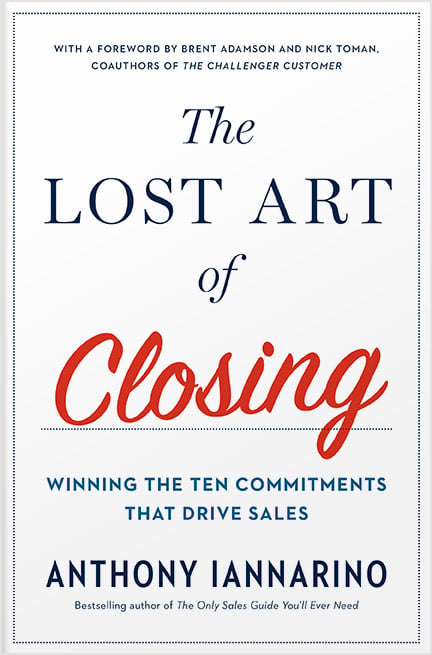“I know you weren’t expecting my call, so I’ll be brief.”
“I’m sorry if I caught you at a bad time.”
“Is now a bad time?”
When you do something that harms another person, you owe them an apology. When what you do doesn’t hurt another person, you don’t owe them an apology. Are you calling your dream client because you are trying to do something that is going to in some way harm them? Or, are you calling your dream client because you can do something that might benefit them?
Unless you have a meeting scheduled, no one is expecting your call. Why would you think it is important enough to start the conversation with something of no value to your prospect? You call all kinds of people who aren’t expecting your call, and you email people who aren’t expecting your email. You might also be texting people who aren’t expecting a text. In sales and business, communication is necessary, and much of it is unexpected—and still needed.
Why be brief? Is it because you believe that what you have to say isn’t worth your dream client’s time? Why do you need to tell someone you will be brief when adding this subtext makes your call less brief—and more importantly, when it suggests that you don’t believe what you say is important enough to command their time.
No more pushy sales tactics. The Lost Art of Closing shows you how to proactively lead your customer and close your sales.
If you don’t believe what you have to share with them is worth their time, why are you calling them in the first place? If you don’t think that you are worth your client’s time, the best thing you can do is work on creating so much value that your prospective client will feel like they should have paid you for your time.
If you caught someone at a bad time, they would tell you. Why would you ask a question that provides your prospect with an excuse that you have already accepted as valid enough that it should cause you to hang up?
I know that the charlatans on LinkedIn feed you their fears—and prey on yours—as a way to sell you something that used to be called social selling before it jumped the shark and all but disappeared from any serious conversation about sales (even though it still provides a tremendous opportunity for nurturing relationships, but not if you use it the way most people use LinkedIn). The truth is that the phone is still the very best way to schedule meetings with prospects, especially when coupled with an effective sequence (or cadence), but only if you use it well—and with confidence.








.jpg?width=768&height=994&name=salescall-planner-ebook-v3-1-cover%20(1).jpg)


